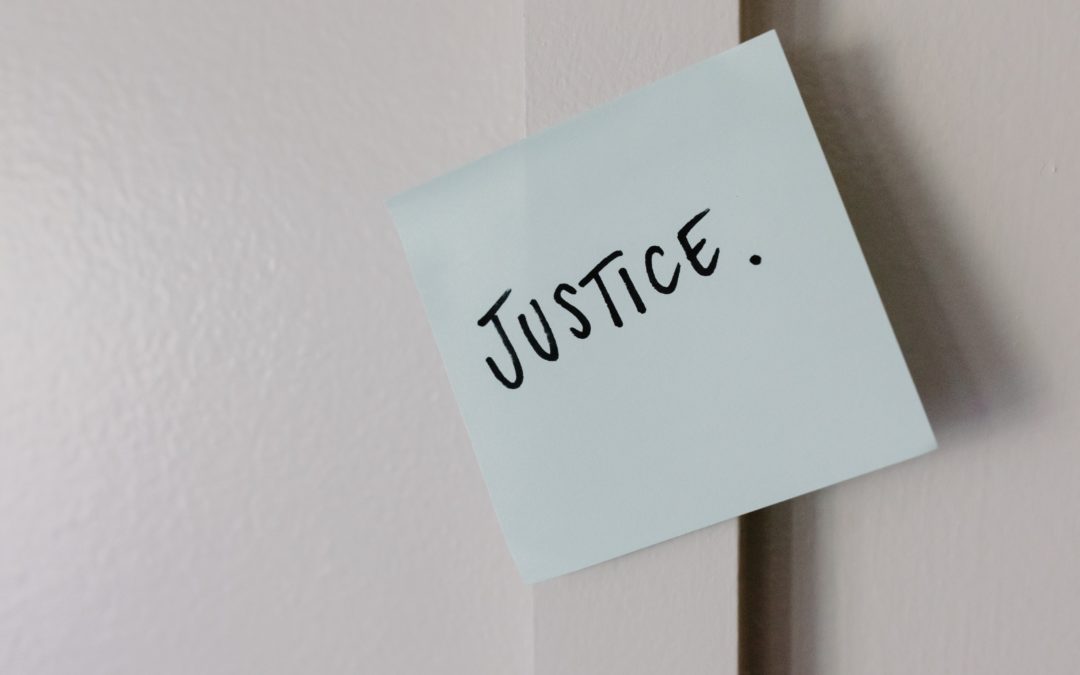I have some concerns that social equity may be yet another Trojan Horse in the efforts toward legalization and the financial rewards it promises. Just as it has become clear that medical cannabis, while immensely helpful to many patients, has been used as a fulcrum toward recreational legalization, social justice is another lever being used to get legalization across the finish line. This wouldn’t be so bad if, again like medical, it didn’t screw the very people it purports to help.
Please do not misunderstand me, we know that the War on Drugs was conceived as a way to control and punish people of color in the United States, and the black and brown communities have suffered under this miserable policy for needless decades. It would seem only fair that members of those communities be accorded some recompense in the emerging legal cannabis market. My fear is, however, that these noble ideals may do more in the service of the affluent who also reap the benefits of this legal market and lead many social-equity-based businesses straight into bankruptcy.
The history of misdeeds against these communities is not new. During Reconstruction black farmers were often granted land to farm, but it was usually the meanest, most un-farmable land available. Further, taxes were then levied that those farmers could not meet, leading them back to debt and often off the land that was just granted to them. So while these land grants looked good on paper, in reality they were just a means to re-instituting structural racism and preventing any real gains by brown folk.
Applying for social-equity based licenses in the nascent cannabis industry is not easy nor cheap. Even with reduced fees, those fees are substantial – often the life savings of the applicants. The legal fees associated with “winning” these licenses are substantial and the time it takes to get the license and begin to sell product can be years. Social equity candidates usually have less ready access to capital to tide them over until revenue starts. By the time a store opens, the owners are likely to be hanging on by a slender thread. This would be fine if the vast revenue promised by this industry were real.
In reality, cannabis is a commodity like all other agricultural products. Have you ever met a rich corn, rice, or soybean farmer? Have you ever met a rich local farmstand owner? Likely not. The race to produce vast quantities of these items leads to over-production, competition, and price devaluation. Rightly or wrongly, this is why the US subsidizes many crops like corn.
This is exactly what is already happening in states like California and Oregon. Cannabis farmers and store owners popped up like weeds when legalization happened. Soon there were farms everywhere and stores on all four corners of every intersection – just like gas stations. Prices at both the wholesale and retail levels have fallen dramatically below the sustainable level. Many operators have simply gone out of business and lost their shirts in the process.
If we prioritize licenses for social-equity candidates, are we not just setting them up to fail? Further, as social-equity candidates the stakes for failure are much greater if they’ve invested all they have.
The Libertarian response would be that the opportunity is all that is being granted and that after that those business owners will sink or swim according to their skill. However, I think this is naïve. The entire idea of social-equity licensing is a social engineering policy and as such we should be making good, thoughtful policy that not only provides an opportunity to try to succeed but a supportive pathway to that success.
I don’t claim to have all the answers – after all, I’m only a doctor – but I do know that setting folks up for failure after requiring them to put out all their savings is not in their best interests. It seems to me that a process of controlling the number of licenses in a reasonable geography, requiring greater capitalization, providing access to that capital, as well as promoting focus on medical markets where social-equity operators can gain a more loyal customer base would be some tools to prevent bankruptcy.
On the other hand, I don’t see this happening. It serves the wealthy capitalists, and their legalization advocates, better as it is. They can influence public opinion positively by maintaining the focus on social equity. Lawmakers can grab soundbites supporting social equity. Yet, nothing gets done to actually support social-equity candidates. In the meantime, those wealthy benefit from legalization that would not have happened without the focus on restorative justice.
“Look, we tried” becomes a viable refrain absolving them of wrongdoing. The wrongdoing is devising a system under the guise of supporting people of color when the writing on the wall is clear that the system is rigged to lead those people into financial trouble. We must do better.
Consult with a Qualified Boston Medical Marijuana Expert Today
Those considering using THC, CBD, or any type of medicine found in cannabis to help manage their condition should consider speaking to a trained medical expert who is knowledgeable about using cannabis therapeutically. Massachusetts medical marijuana doctor Jordan Tishler, M.D. sits on the faculty of Harvard Medical School and has years of experience helping patients treat pain and other ailments using cannabis. He and the team at InhaleMD stand ready to assist patients in determining whether medical marijuana is right for them. For more information, or to set up a virtual consultation with the team at InhaleMD, call us at (617) 477-8886 today.

